Hank Summer 2016
See the whole issueHumans of Partnership Speak Up
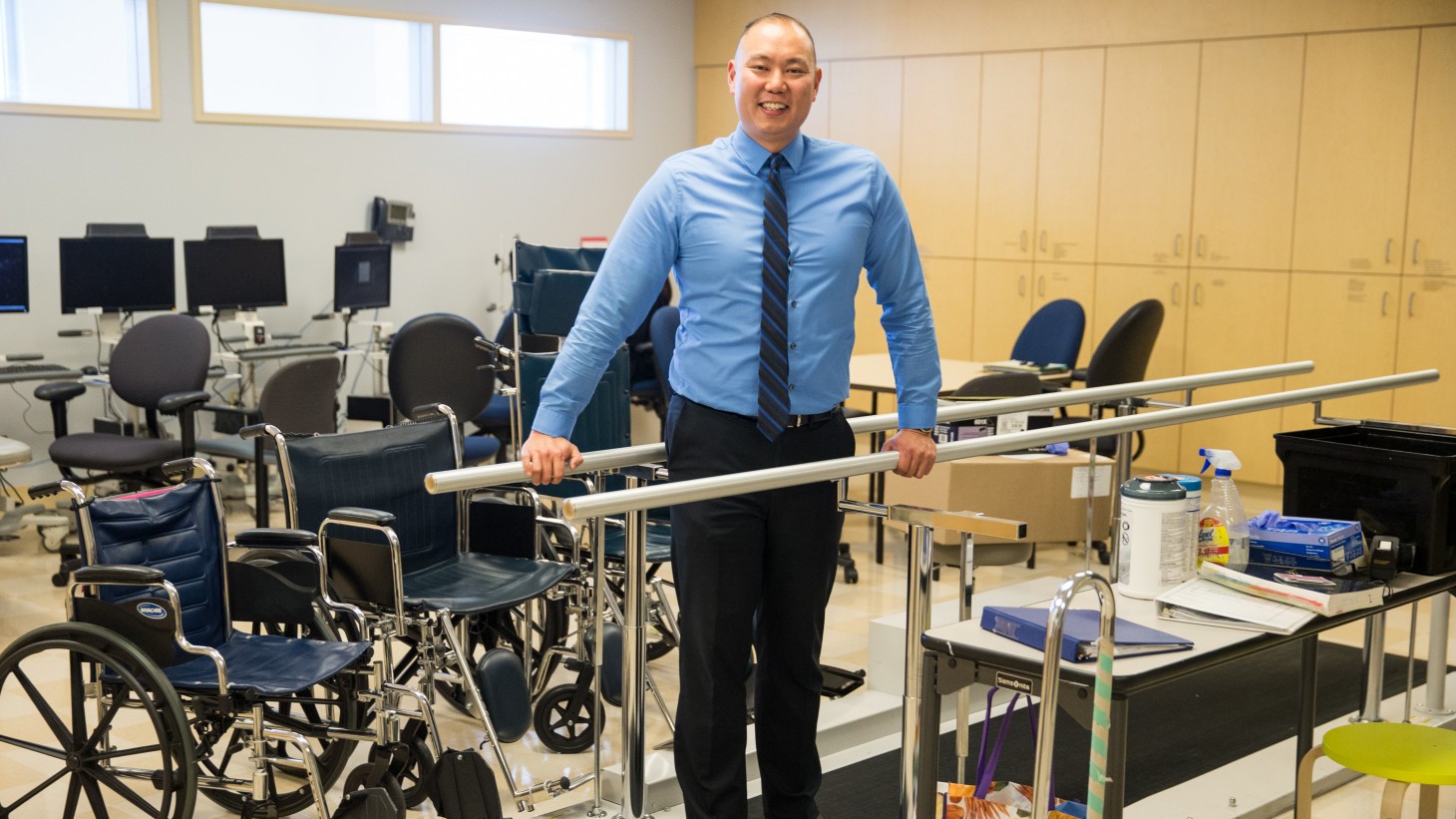
“Our UBT is very focused on teamwork. When we meet, our badges are off. It’s no longer ‘manager,’ ‘therapist,’ ‘assistant’ or ‘aide.’ Not having the traditional hierarchy has made a big difference. For example, our team had injuries related to patient positioning. We did a project called ‘Gimme a Boost.’ In doing a process map, we learned that one major gap was everyone's understanding of counting and moving on ‘three’ before boosting the patient together. Since standardizing our counting process, our staff has had no injuries as a result of boosting patients up in bed.”
—Victor W. Shen, assistant director, Physical Medicine and Rehabilitation (L.A. Medical Center)
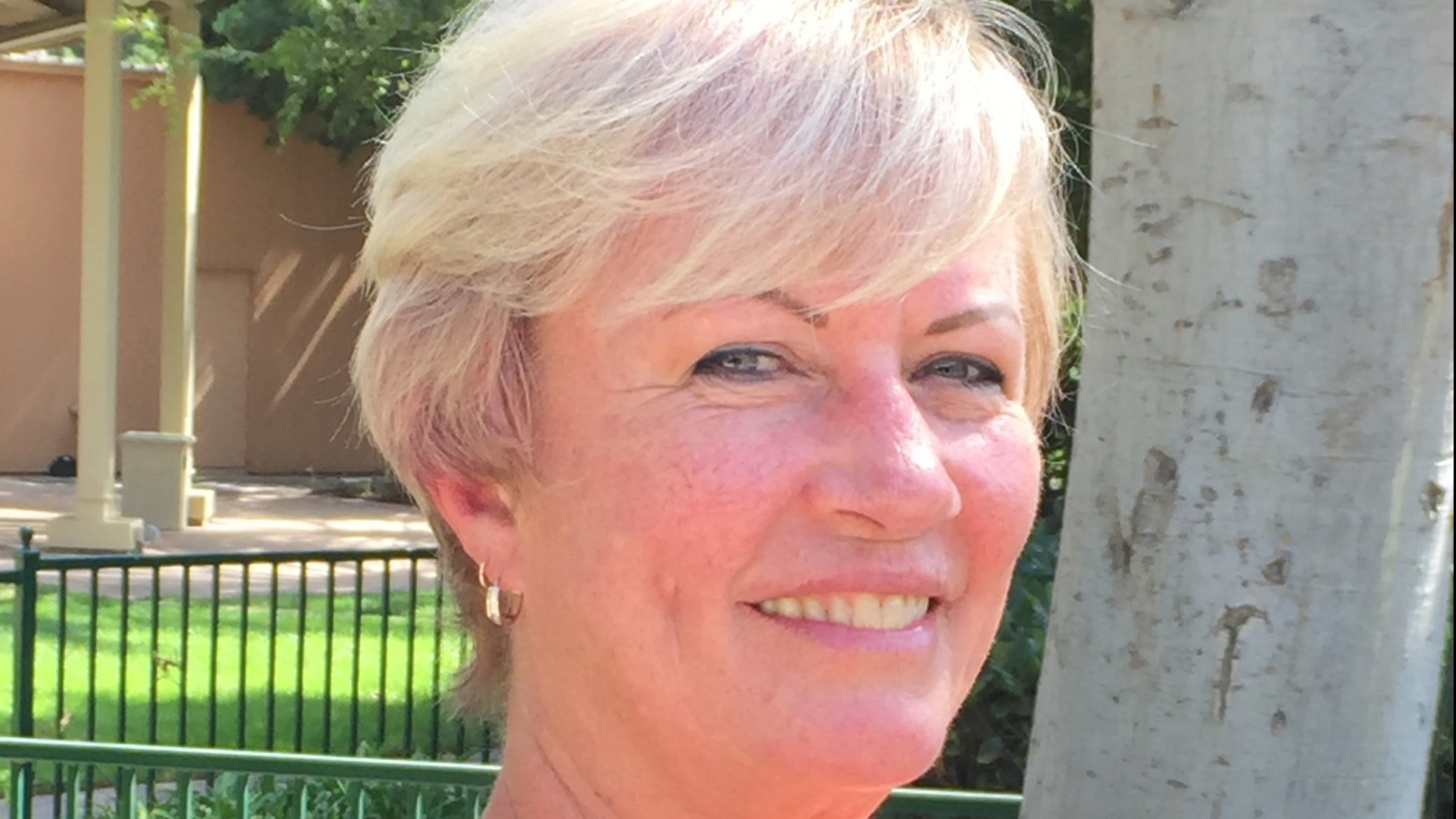
“I have a small team with only four nurses. We needed the department's medical assistants and licensed practical nurses to work with us. We needed them to make our whole team better. They’re not in the Coalition of Kaiser Permanente Unions, but they have a voice, and we’re still a team. We invited them to participate in the UBT and come up with our first project, which focused on wasted supplies. We saved $9,000. Their knowledge and engagement made this project a success.”
—Loriel Luckie, RN, family nurse practitioner, Hawaii Nurses Association, OPEIU Local 50 (Obstetrics/Gynecology, Wailuku Medical Office, Hawaii)
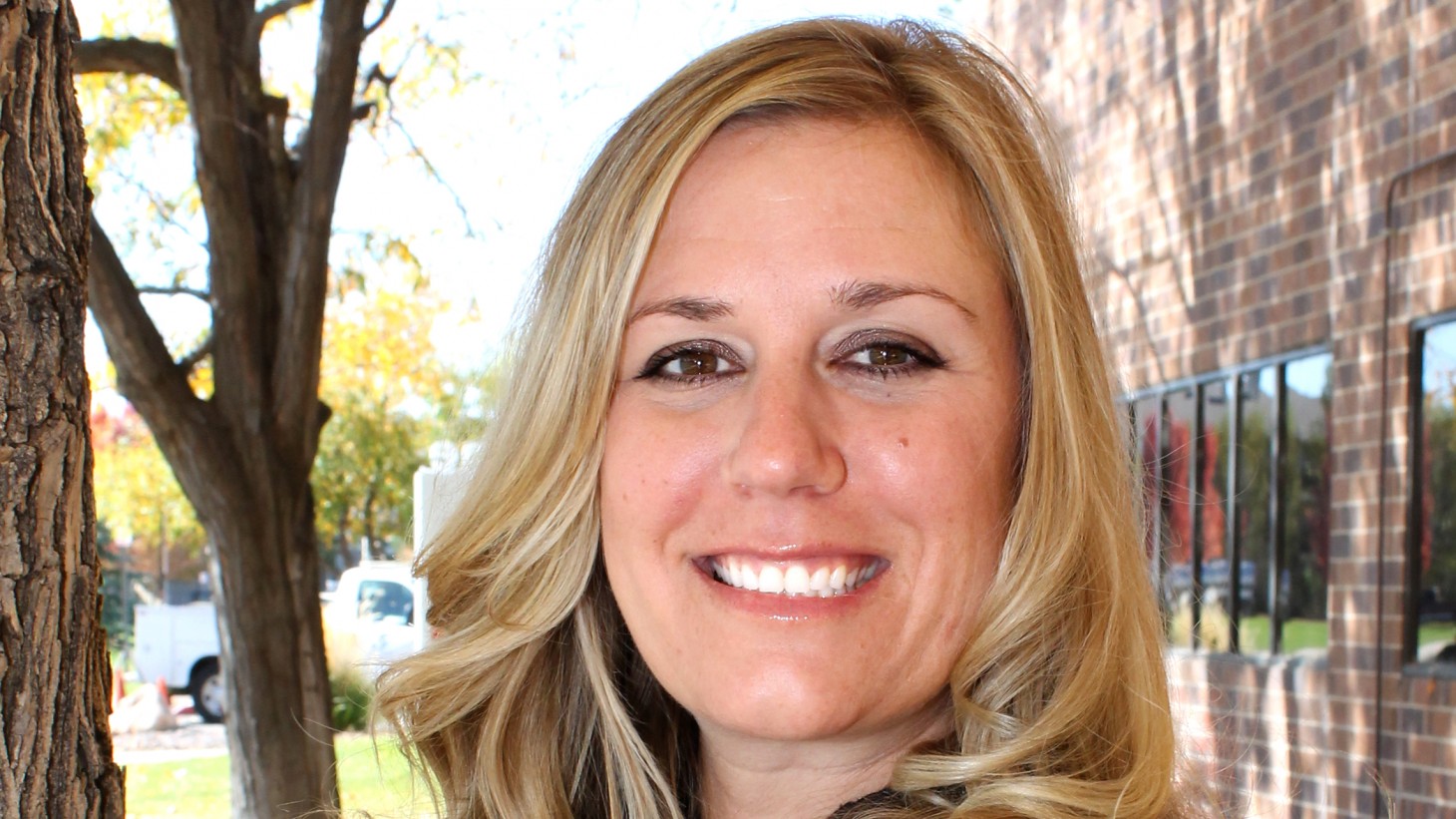
“I loved taking care of patients when I was a hospice nurse, and I see my staff a little like my patients. I want them to be happy. If there’s a problem, we work through it together. For example, the nurses in Internal Medicine were being inundated with messages. They felt overwhelmed. We went through the in-basket together and decided to do what’s called ‘one-piece flow.’ That means you do today’s work today. Not every day is sunshine and rainbows but one of my nurses recently emailed me to say the new workflow is ‘invigorating.’ I’m doing a good job when the team is empowered.”
—Jessica Weidner, RN, nurse manager (East Denver Medical Office, Colorado)
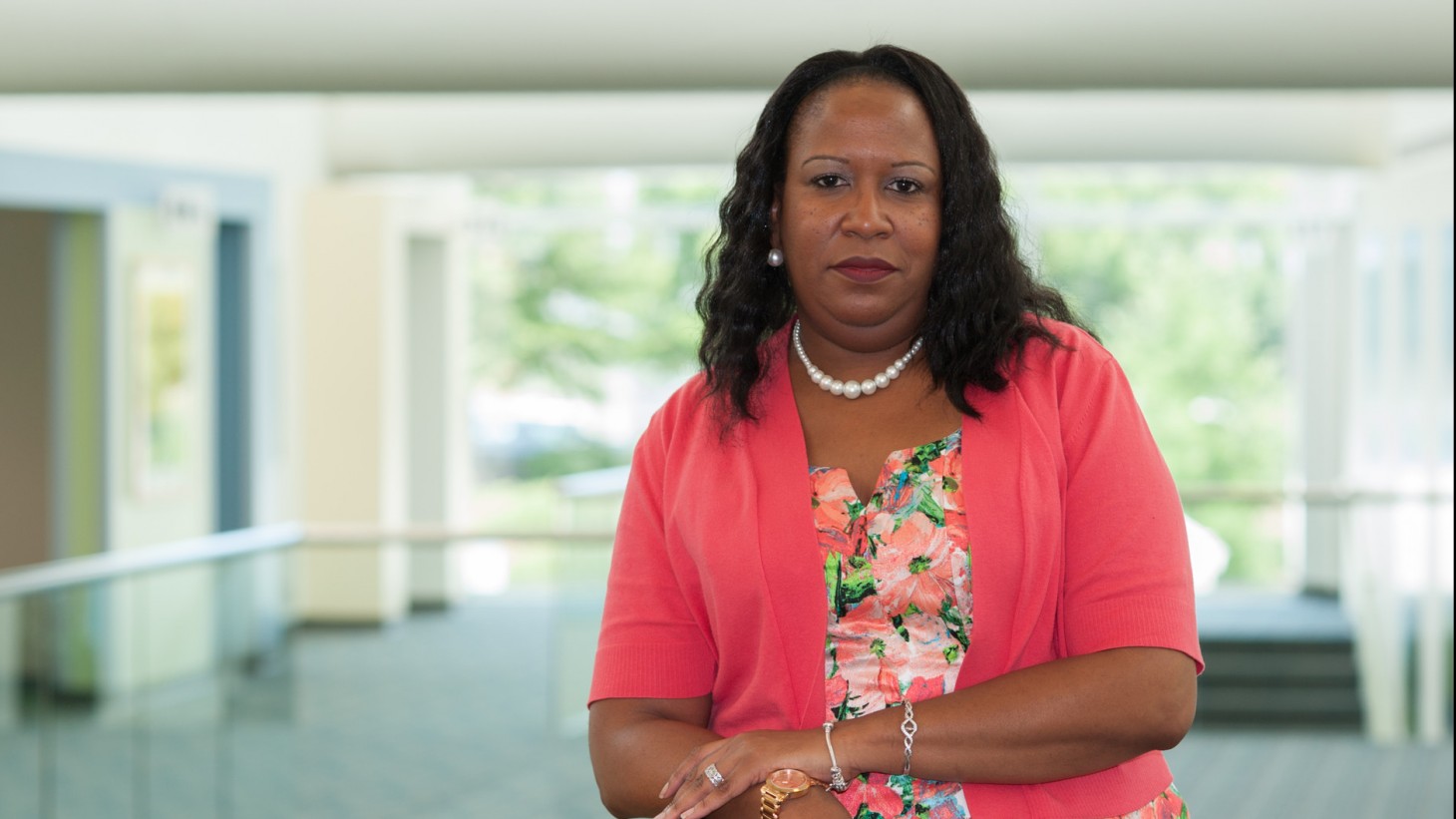
“Before I worked at KP, I was an assistant manager at a company that didn’t have a union, UBTs or a partnership. The manager made all of the decisions. The manager wanted to let a person go, but couldn’t tell me a good reason why. I said, ‘We need to give her another chance if it’s not because of her job performance.’ I could have lost my job for speaking up, but it worked out fine for both of us. They put it in my hands to train her.”
—Nadine B. Fields-Rountree, UPR, UFCW Local 1996, Coalition of Kaiser Permanente Unions (Georgia)
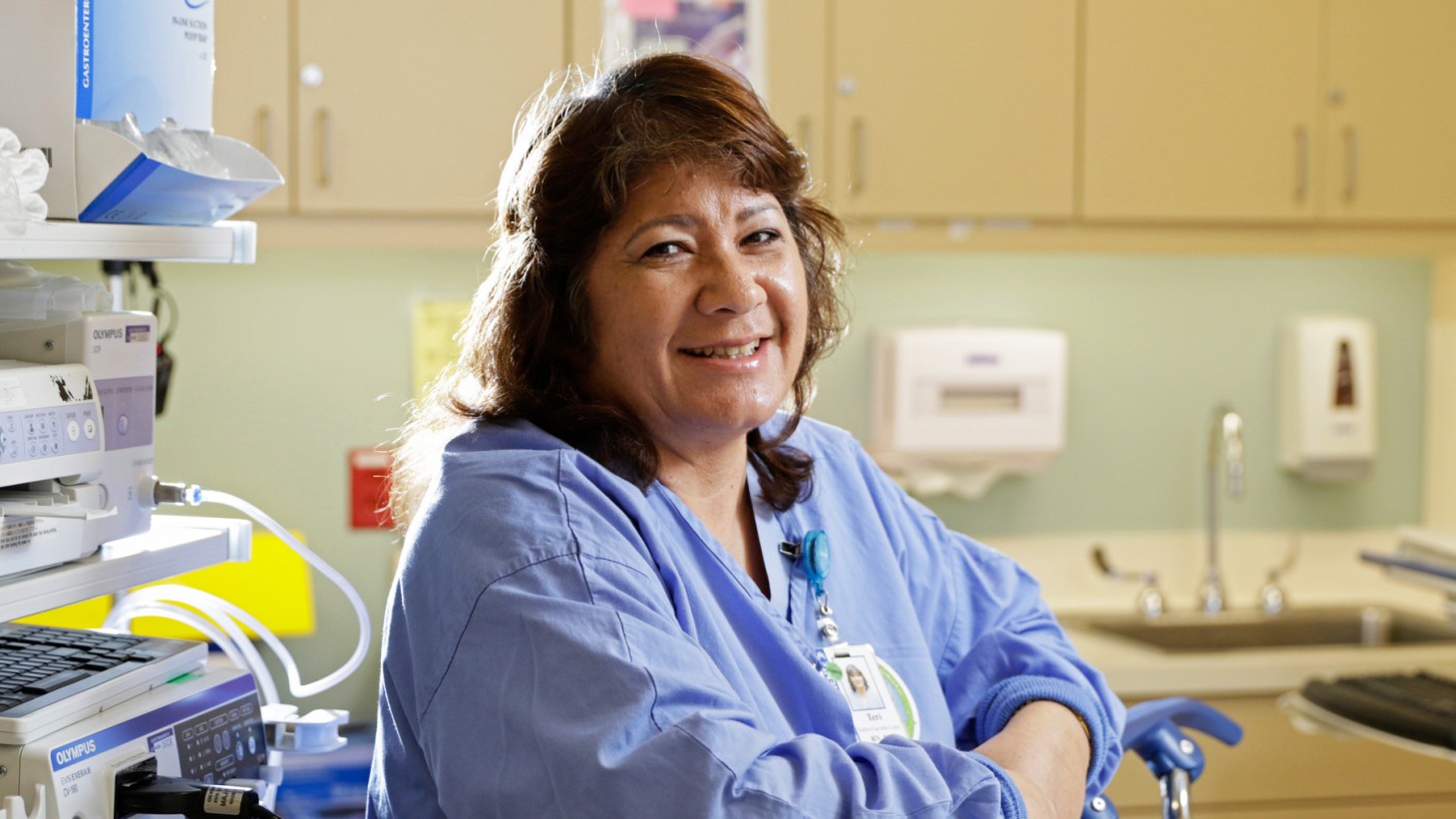
“Before I was in a UBT, I couldn’t bring up concerns to the whole department in an environment where I felt I was heard, like (what happens now) in a huddle. I’m all about fairness. I hate for people who do the work to be shut down. We need to have a voice so that we can be heard and make things better for ourselves and our patients.”
—Teri Carvalho Luke, RN, UBT consultant, Hawaii Nurses Association, OPEIU Local 50 (Mapunapuna Clinic, Hawaii)
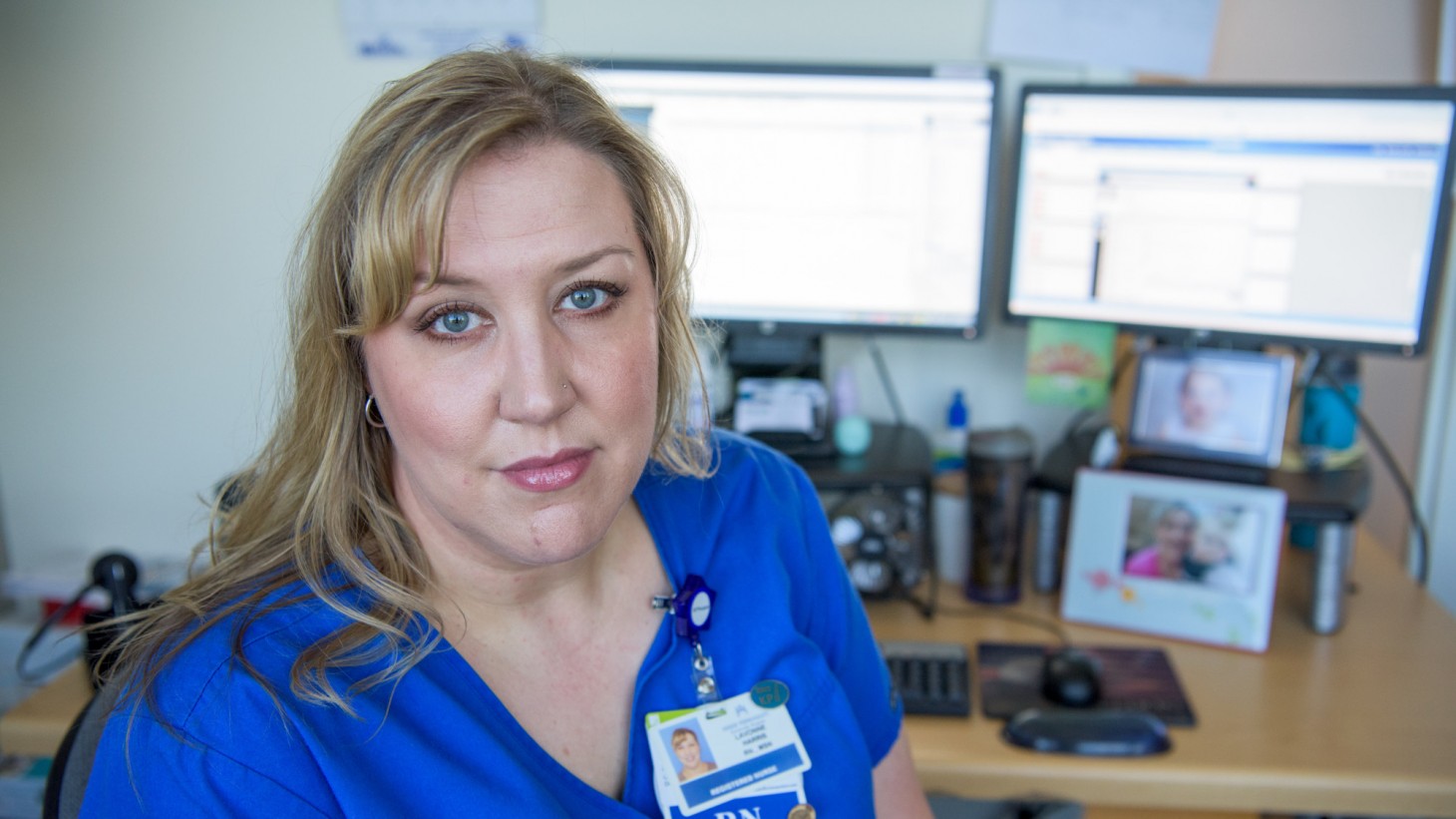
“Several years ago, many nurses in the region were facing layoff or redeployment due to a primary care redesign. We were forced to leave our work teams, facilities, patients and friends that many of us had worked with for years. It was tough. Devastating, really, for many of us. We had to get past that to move forward. We had to figure out our purpose and how to best take care of our patients and each other. I’m the UBT labor co-lead for Primary Care Virtual Support....The people I work with don’t just show up, we’re professionals and we’re engaged.”
—Lavonne E. Harris, RN, UFCW Local 7 (Colorado)
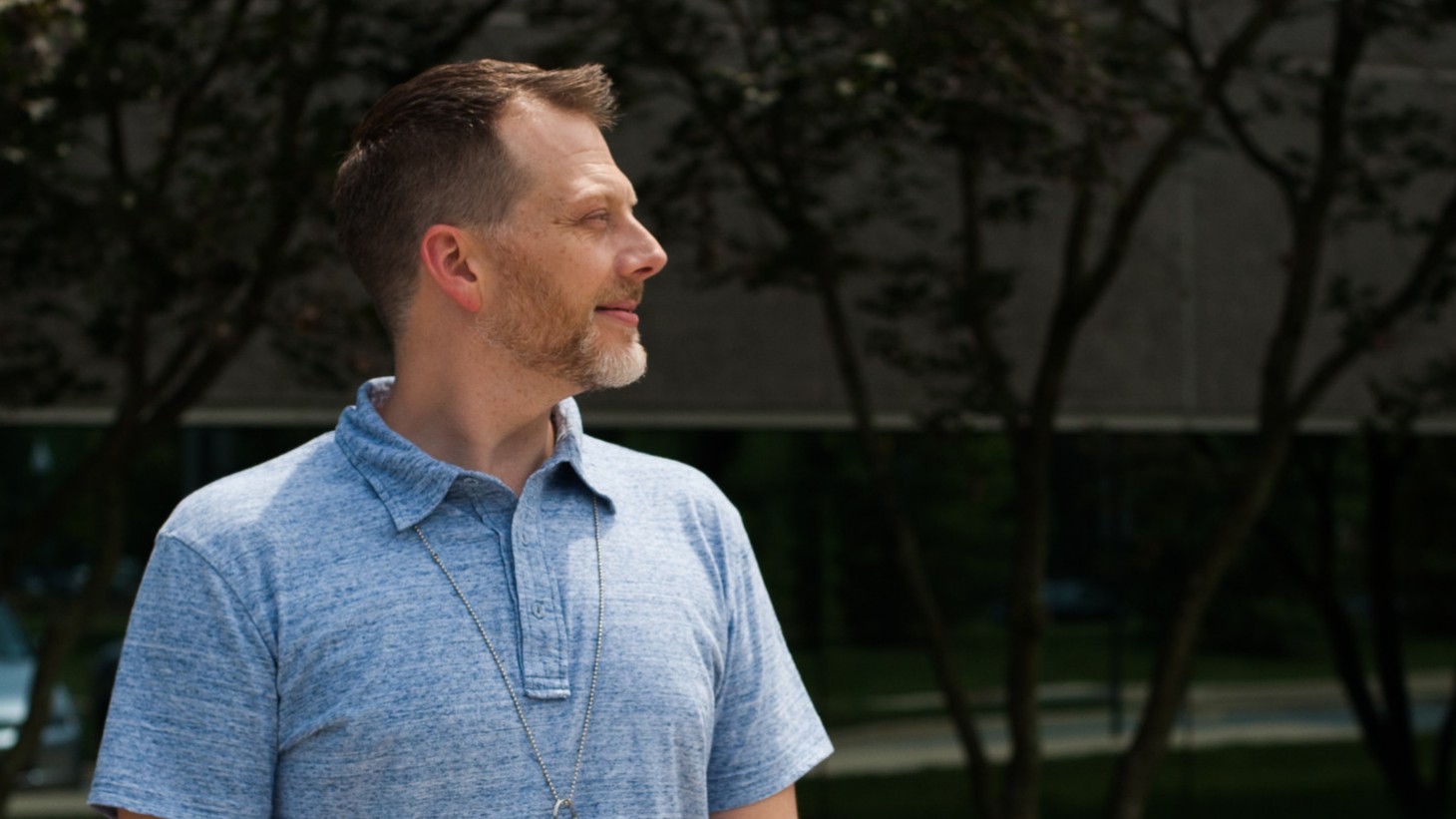
“A friend of mine committed suicide a week and a half ago. We all thought things were OK, even though we knew they weren’t perfect. We had no idea things were as bad as they were. This wasn’t a Kaiser colleague or member but—at home, at work, you never know when what you say might make the crucial difference. Could I have asked more questions? It may not have changed the outcome, but at least I would have spoken up. ”
—David A. Harper, Continuing Care director (Mid-Atlantic States)
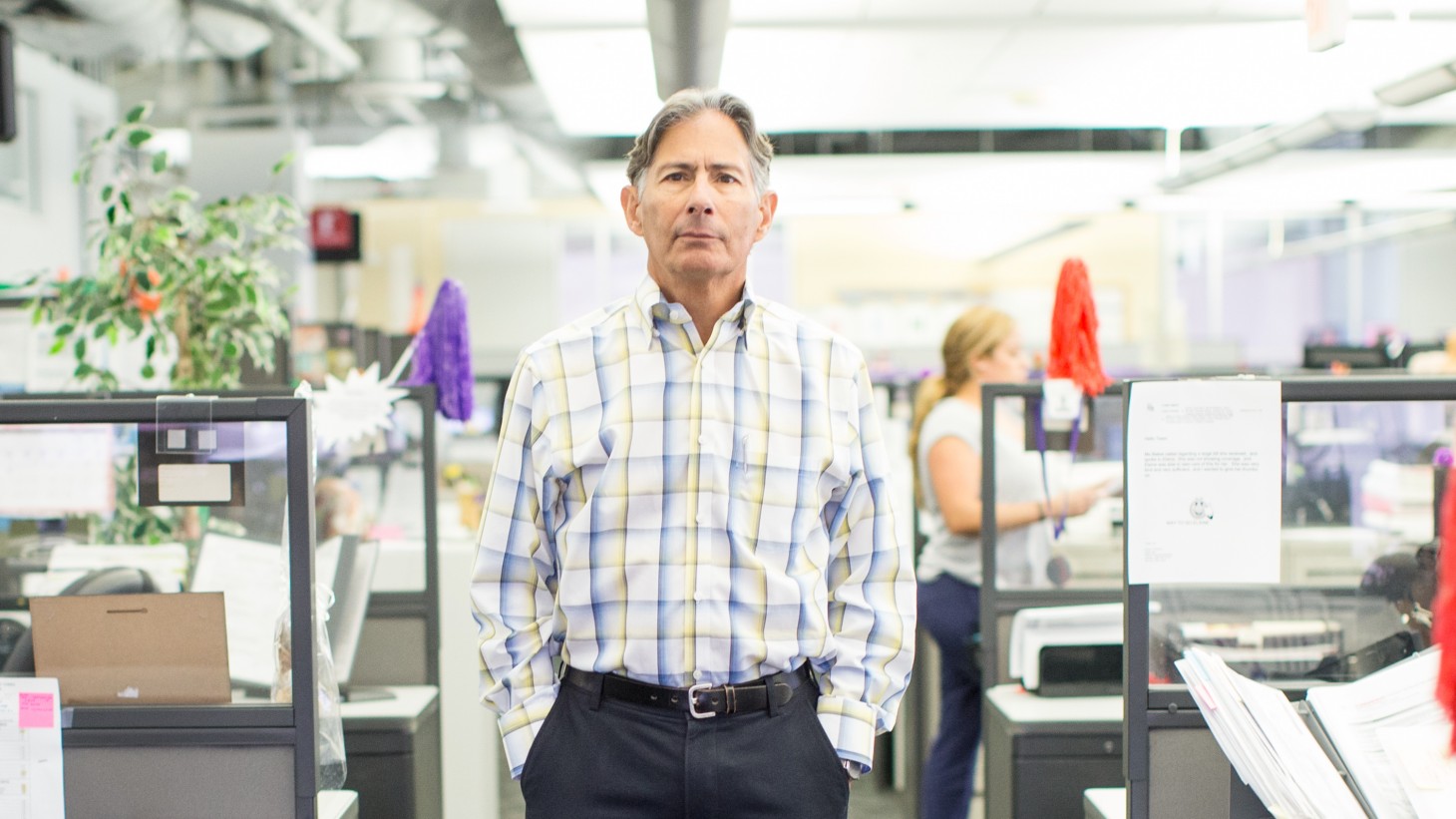
“We have a representative group here, eight people from labor and two managers. We had a conversation about this backlog. Now that our call volume is not as crazy as it was, we have to do a burn-down plan to get that inventory down. Our representative group went off and figured everything out. Having a UBT that works well makes my job so much easier. It’s a great thing—not just because they have a plan to work down the inventory, but because we’re responding to members who have some kind of question with their billing.”
—Bernie Nadel, director, Customer Service and Call Center Operations (Parsons East Annex, Southern California)

“Everything is a conversation for a unit-based team. Through the partnership, we’ve been able to make it a model. We constantly have to shore it up. There are people who come into the organization who don’t understand the UBT model. We have some places where UBTs are working really well. Labor needs to be more engaged and we need to continue to beat that drum on a department level. A UBT is only as successful as your willingness to participate. It can’t just be about management—it takes us all coming together.”
—Denise Duncan, RN, UNAC/UHCP president
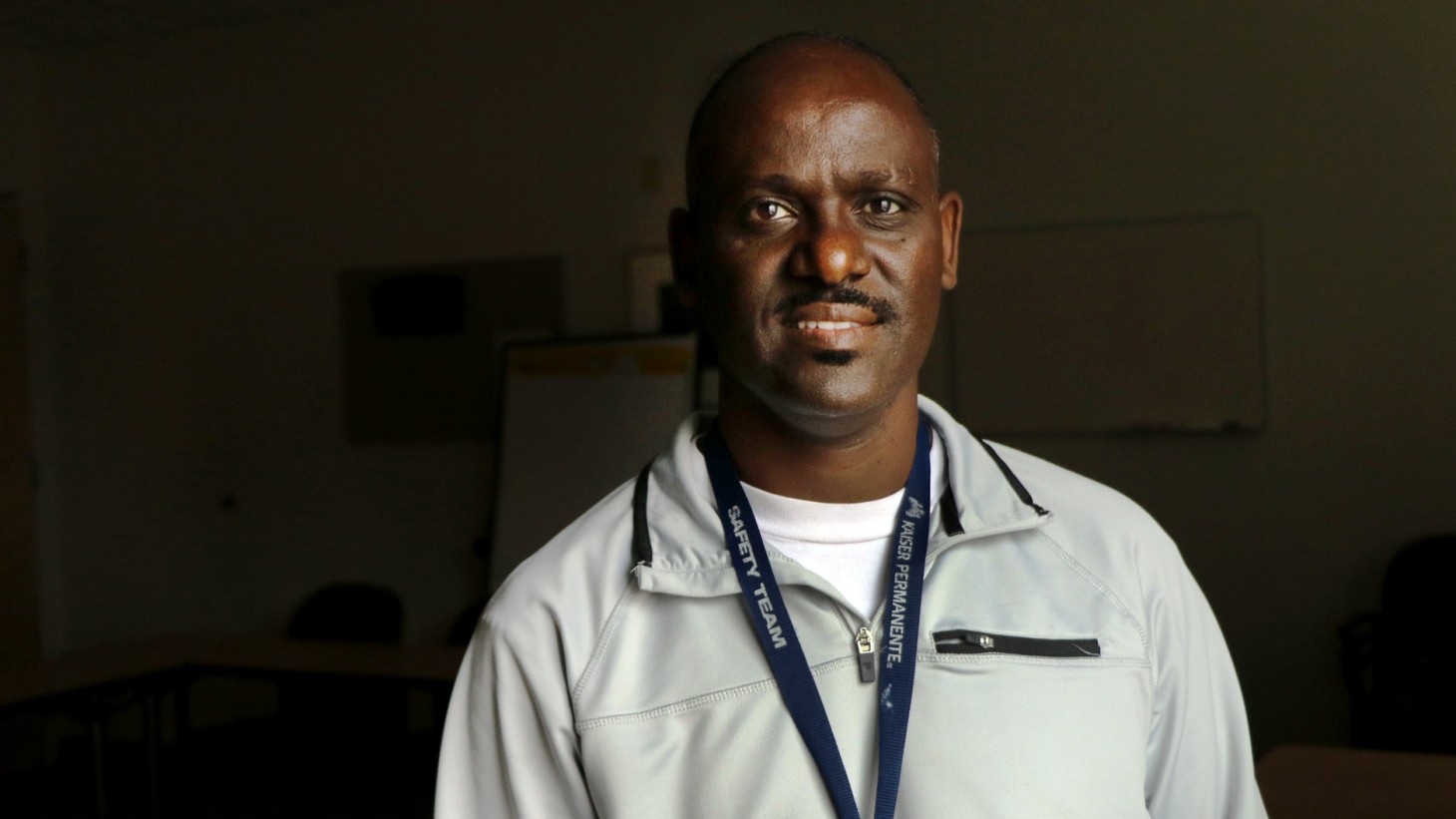
“I was using a mobile X-ray machine in a patient’s room....I had the machine and the tube set up, then I positioned the patient—and when I moved, I forgot about where the tube was. I hit my head on it. It hurt quite a bit, but I wasn’t injured. I was too embarrassed to tell anyone. I didn’t say anything and sure enough another tech did the same thing....After my colleague was injured, I spoke out at my department meeting. Now we position the patient first, and we don’t move the tube until we are ready to take the picture.”
—Tedros Tecle, radiologic technologist, SEIU-UHW (Santa Rosa Medical Center, Northern California)

“I had an injury in at my previous job. It was due to the workstation not being appropriate for my height. I had talked about the issues I had with my workstation for years and unfortunately no attention was brought to it until an injury occurred....My hand actually locked up in the middle of work. When I came to this pharmacy, I wanted to make sure that no one else went through that experience. That’s why I become a workplace safety champion.”
—Chakana Mayo, pharmacy technician, UFCW Local 770, Ambulatory Care Pharmacy (Robertson Building, West Los Angeles Medical Center)
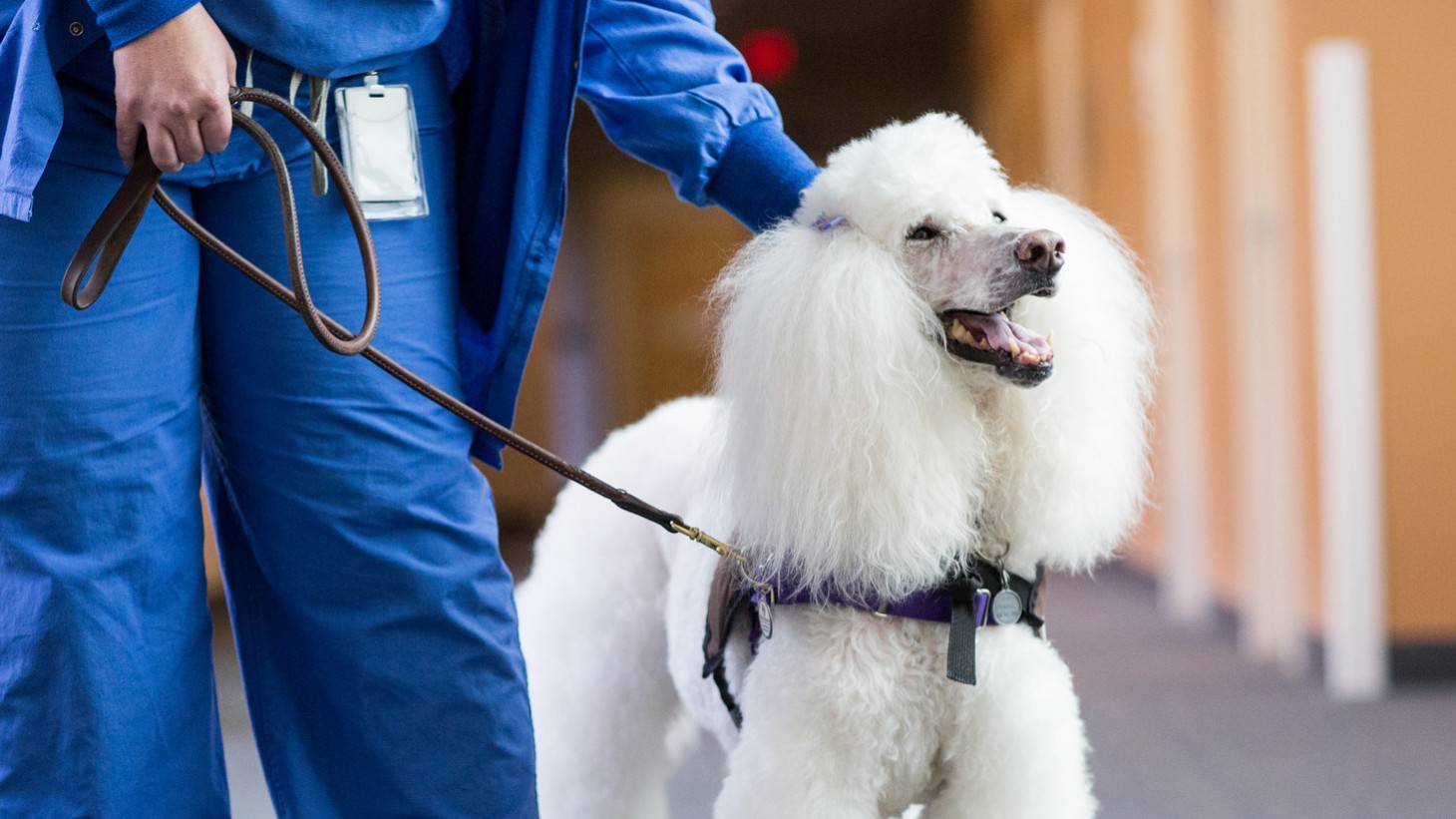
“People are always touching me. Talking baby talk to me. That’s OK. It makes them feel better. When I go to work, I’m there for the patients. In my heart, though, I know I’m there for the staff, too. They work so hard. They look so stressed sometimes. No wonder it’s hard for them to speak up. I give them a little bump, and I know I’ve helped. That’s how I speak up. Every day. I’m a pet therapy dog. I’ve been coming to Sunnyside Medical Center for nearly two years.”
—Lena, volunteer, unrepresented (Northwest)

“I used to be in a department that was driven by management—it was ‘my way or the highway.’ There was no enthusiasm in the workforce, nobody smiled, nobody cared. A pay cut and a couple months later, I transferred to the Emergency department. There I was introduced to the UBT and never looked back. Our meetings are held as ‘equals’ alongside some of the most empathetic managers and supervisors, and we are trusting each other to do by what's right by the department and not by the individual."
—Richard Abrenilla, clerk and ED Clerical UBT co-lead, SEIU-UHW (South Sacramento Medical Center, Northern California)
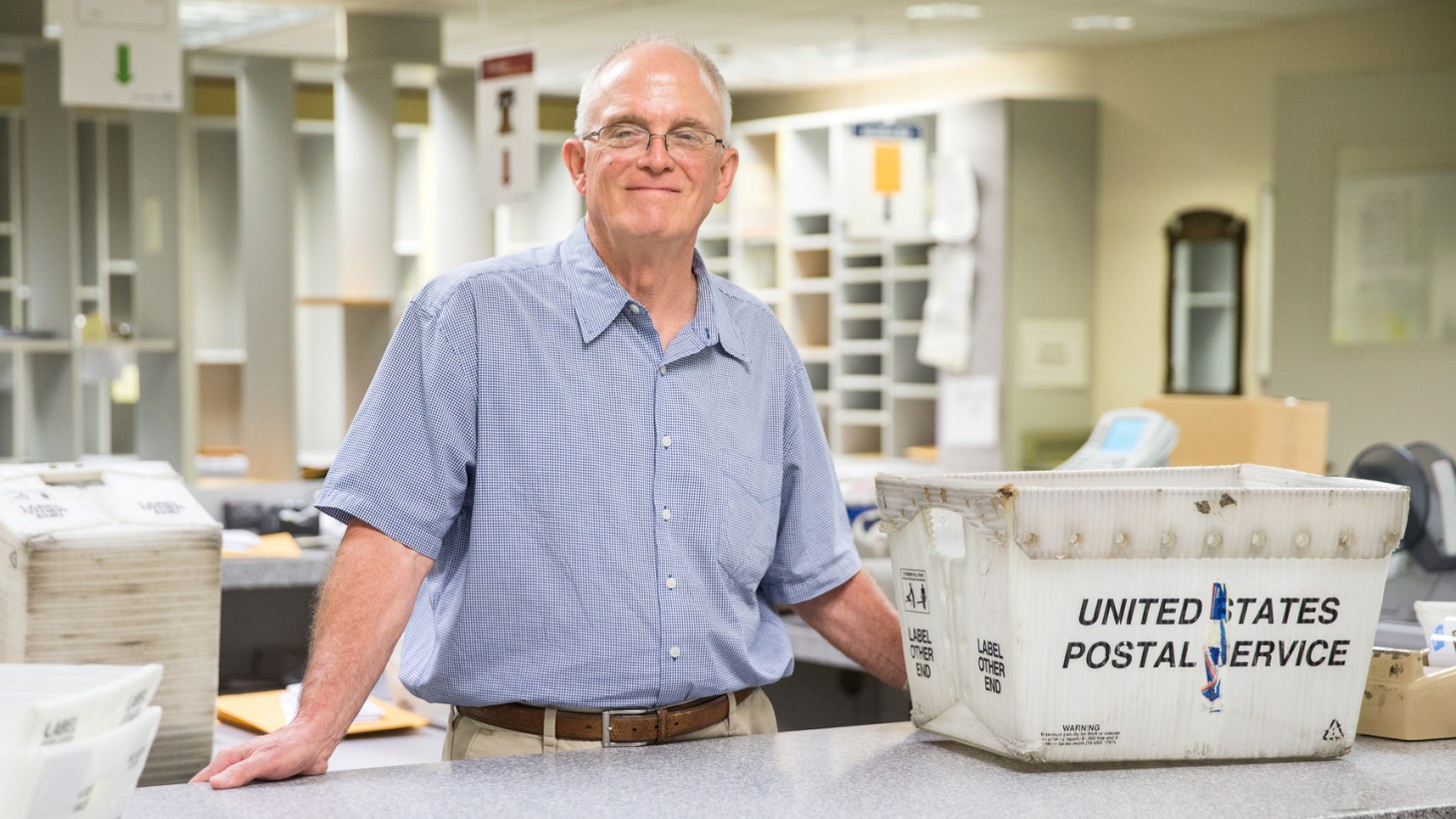
“I do process improvement every day as part of my job. I sort mail and look for ways to save money. I noticed that several envelopes were being mailed to the same location almost daily. I decided to bundle the envelopes to the same location and was able to save over $20 per bundle, which is about $1,500 monthly for just this one location. I’ve got 15 addresses I do this with. Everything I do with the mail, I look for savings. I’ve worked for KP for 46 years. I’m a mail clerk—that’s what I do and I’ve had the same job since I was hired.”
—John Lyster, mail clerk, SEIU Local 49 (Northwest)

“My children and I always do a community service project in December. We sort toys that go to local hospitals or to children in need. This year, I joined a women’s group, the Classy Living Society—pooling our talents, our resources, and our time to serve others. Last spring, we collected 1,200 pairs of socks for a local homeless shelter. Socks are the most needed and least donated item. We also visit nursing homes, do the residents’ hair and play bingo. I want my kids to see how working with others can make an even bigger difference.”
—Summer Blackwell, UBT consultant and improvement advisor, UFCW Local 1996 (Georgia)
For everyone at Kaiser Permanente—union members, managers, care providers—speaking up is a right and a responsibility. Being #FreeToSpeak is part of working in partnership. It keeps our patients safe and makes KP a better place to work. It’s not always easy, but your voice makes a difference. The short stories above make that clear.
The photos and quotes above launched a new LMPartnership.org feature, Humans of Partnership. Visit the entire collection.
